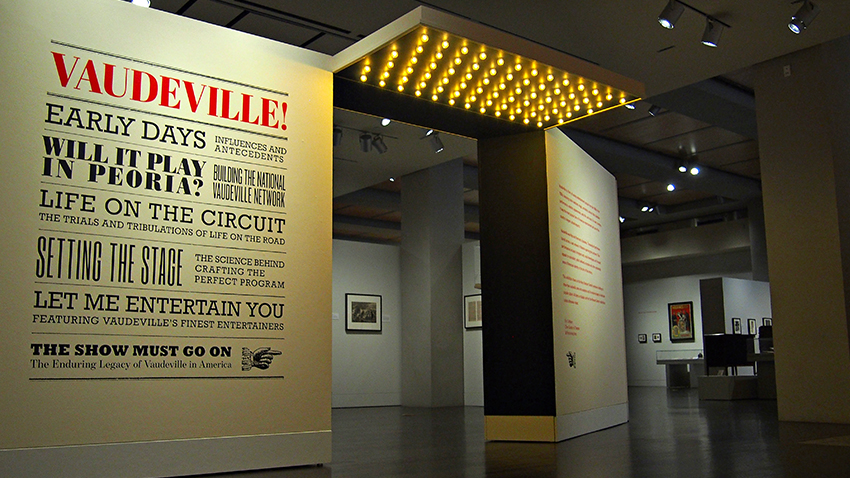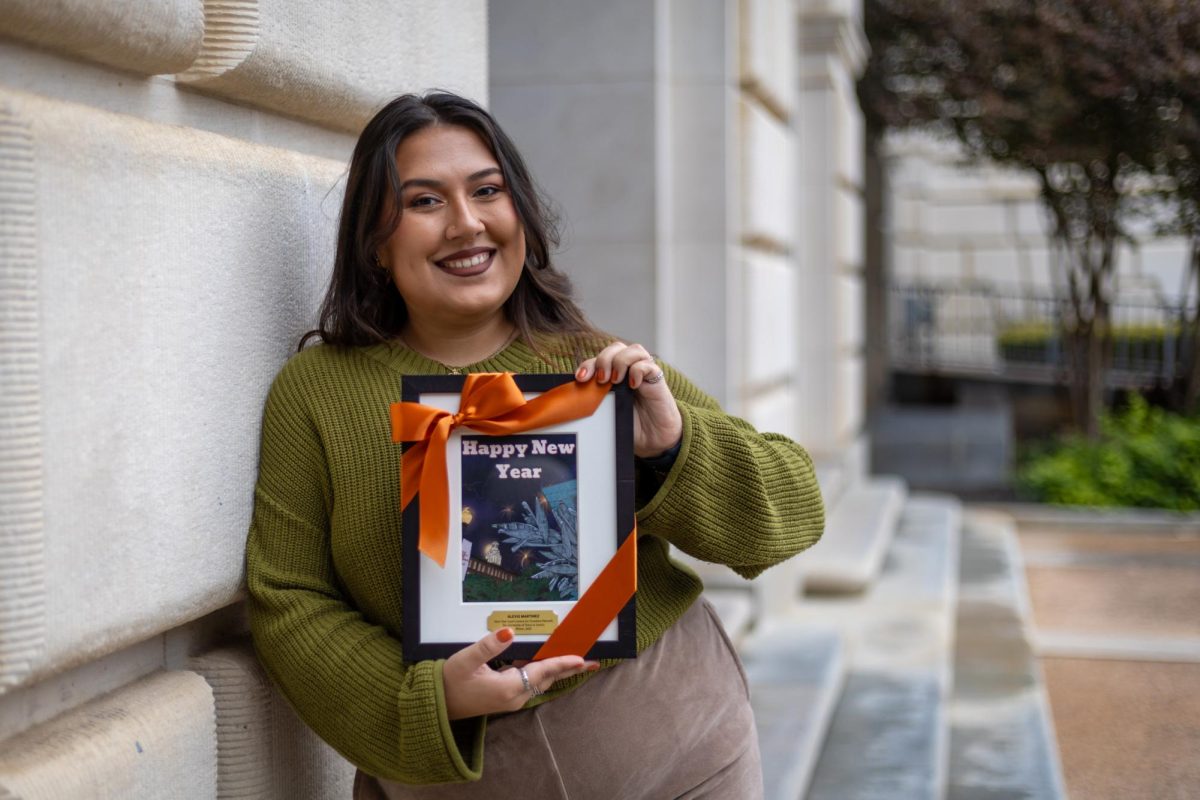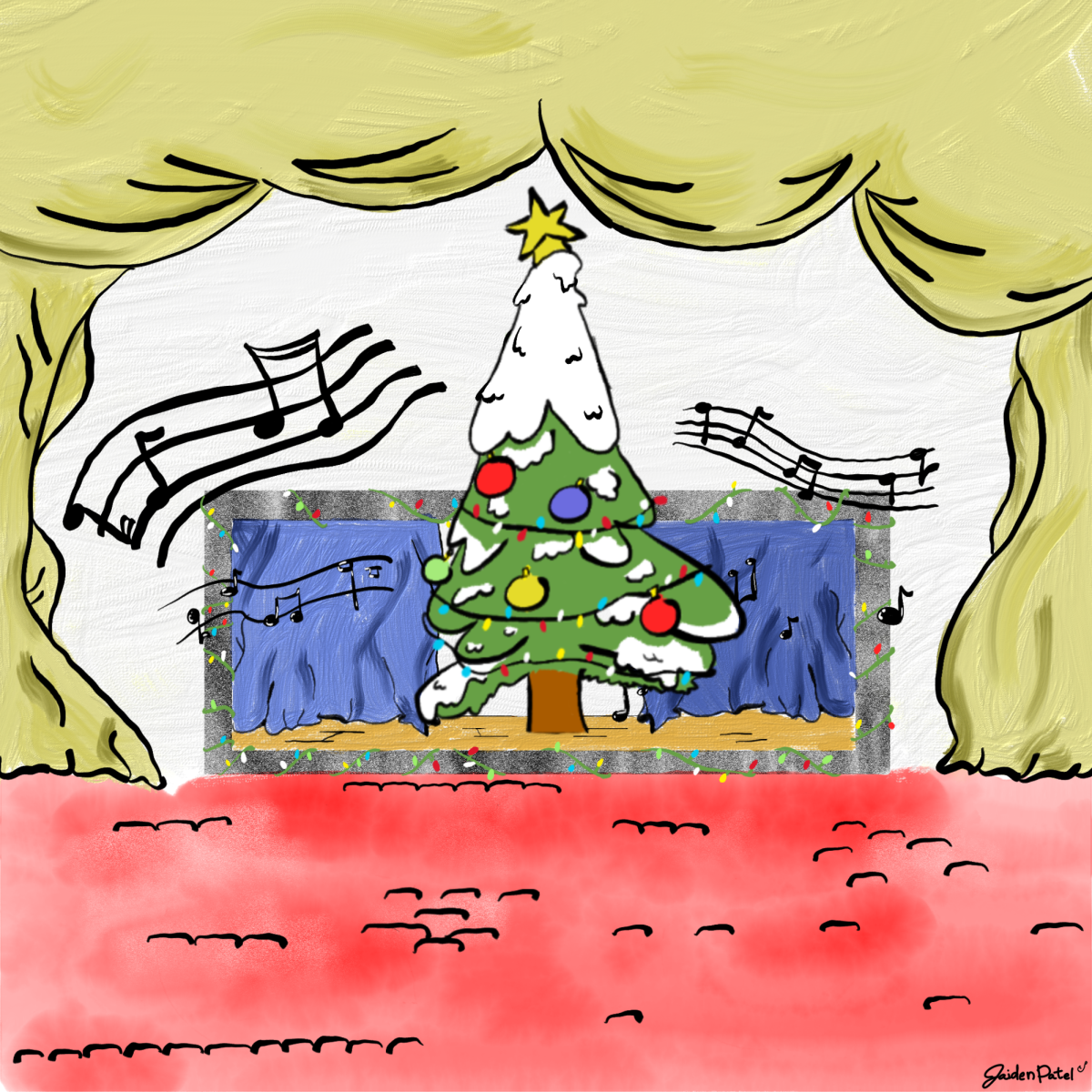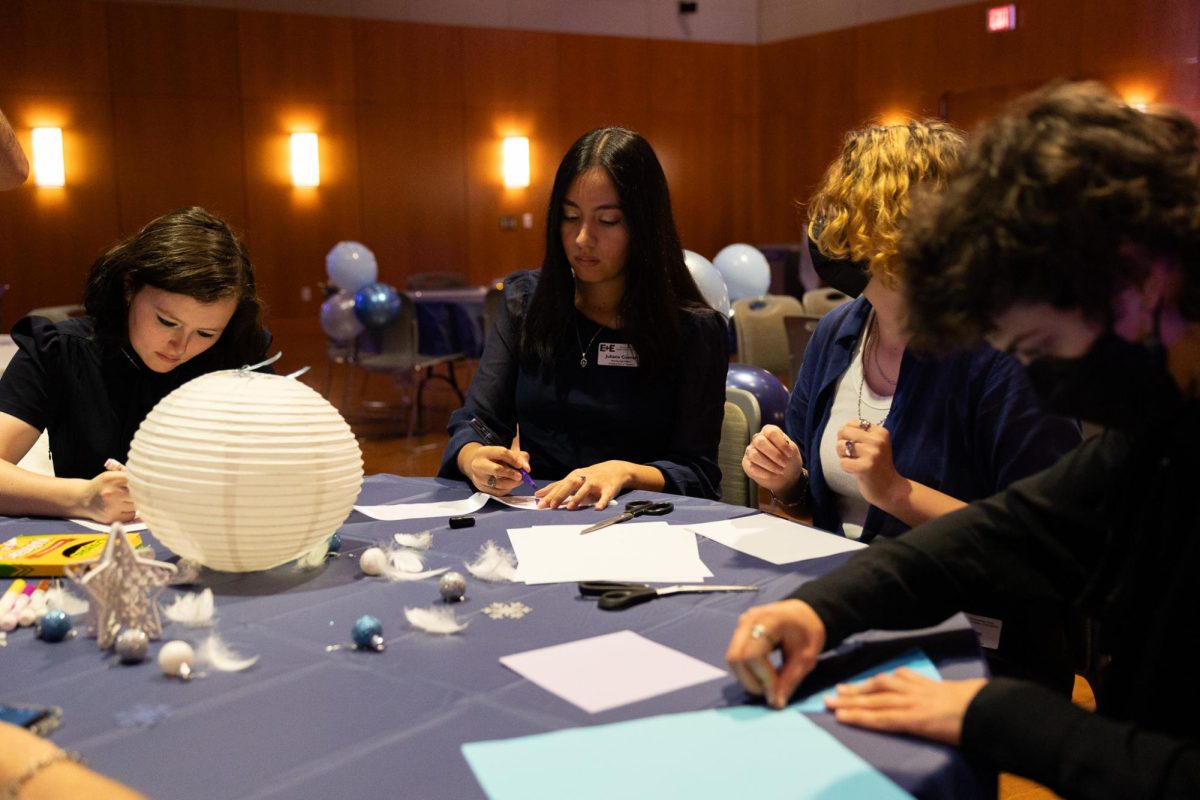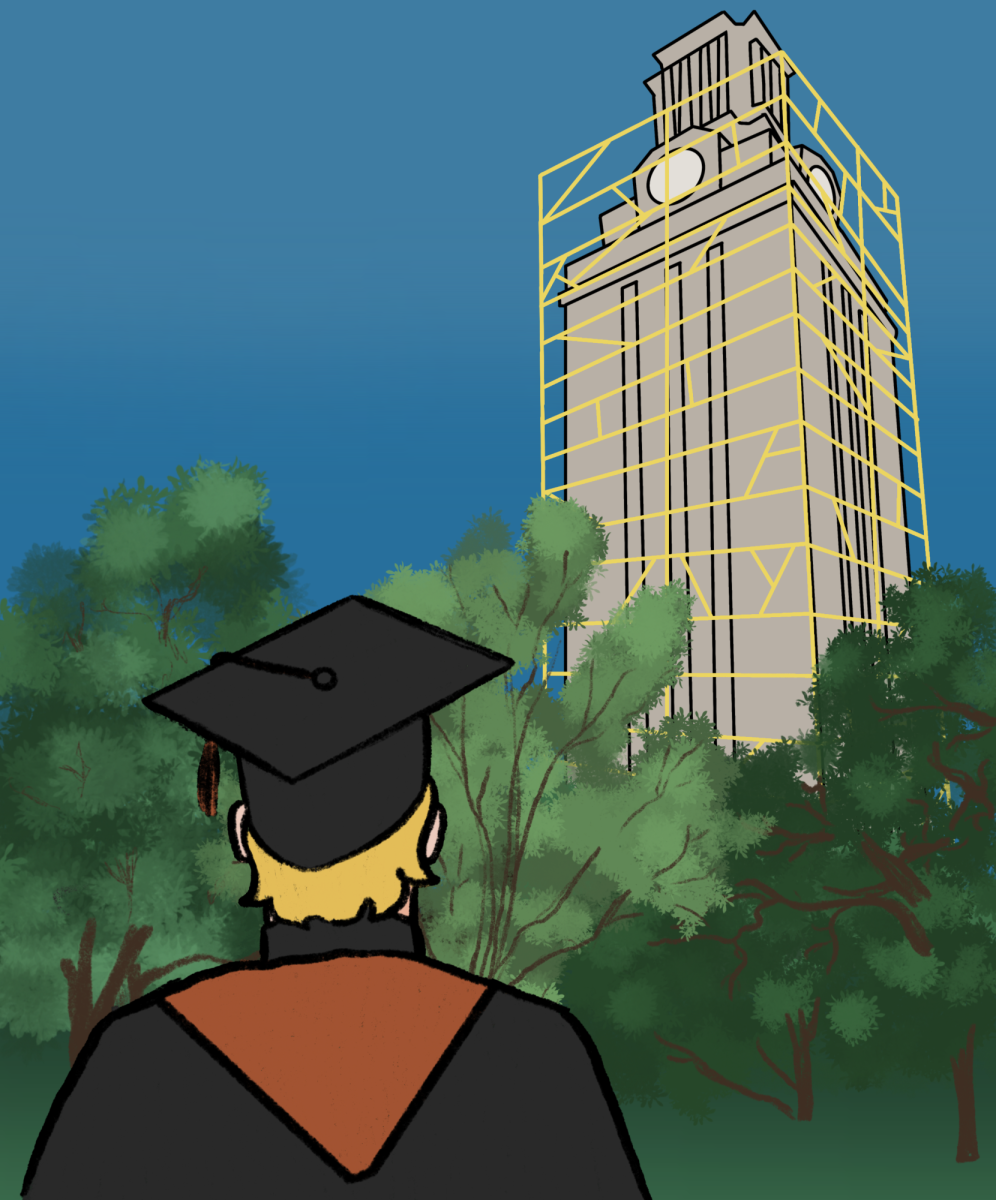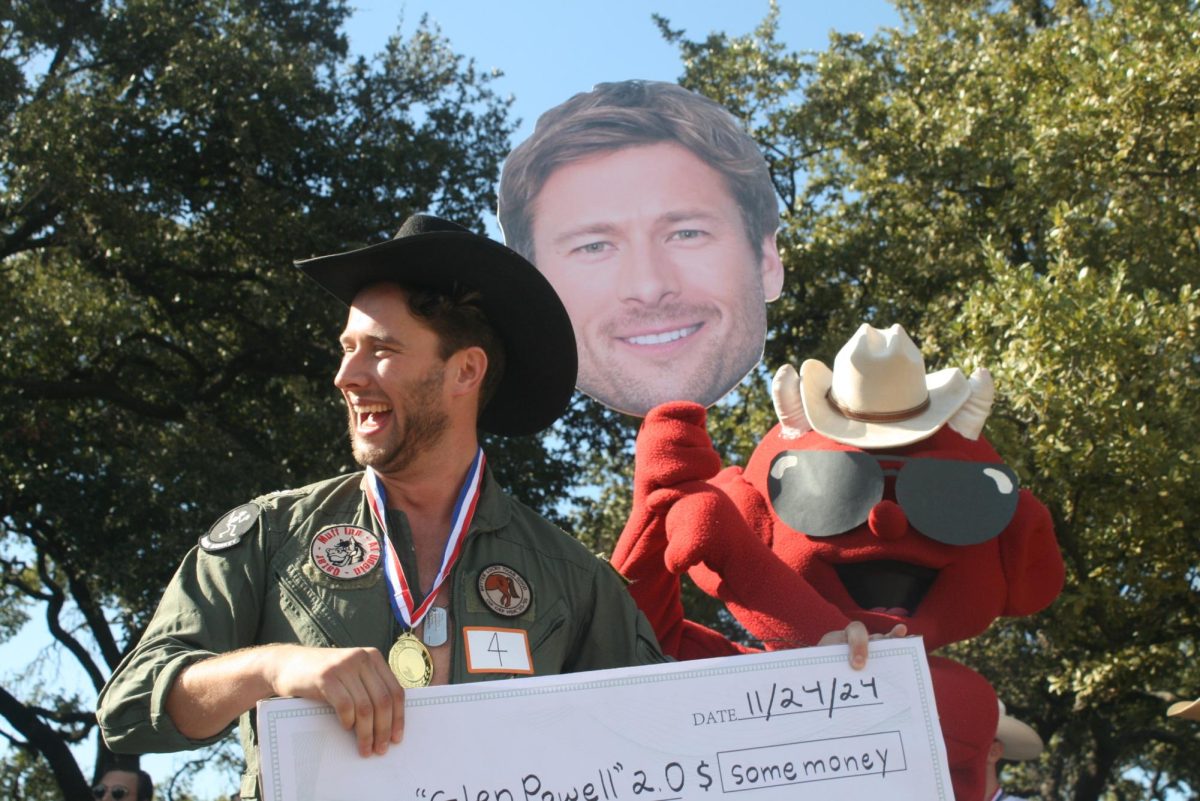Exploring vaudeville as a mirror for self-examination in a time of great debate surrounding immigration, “Vaudeville: Immigrants Get the Job Done” is sure to be provocative
and compelling.
The event, created and planned by College of Fine Arts professors Charlotte Canning and Andrew Carlson, among others, will feature vaudevillian acts and entertainment in the “Vaudeville!” exhibit at the Harry Ransom Center. Canning said the aim of the event is to discuss the history of vaudeville in an engaging way while having an important conversation about immigration.
“We were very excited about the possibilities a vaudeville exhibition offered,” Canning said. “It allows us to think through some of the ideas and histories vaudeville was dealing with, but to do it in a fun way. We’re going to have a magician, singers and dancers, some comedy sketches, as well as talk about the historical context in which all this is going on.”
Eric Colleary, curator of the exhibit, said vaudeville’s history as a style of entertainment includes performances that perpetuated racial stereotypes and appealed to nationalism. Canning also addressed the current social climate surrounding the issue of immigration, saying it was a large inspiration for the project leading to the event. She hopes the event sparks recognition of the similarities between the period of history when vaudeville was popular and now, as immigrants in the era of vaudeville were blamed for a shortage of available jobs, among other problems.
“One of the reasons we also thought it would be a good idea to look at how vaudeville struggled with immigration was precisely because of our current historical moment,” Canning said. “We thought this is a really good time for us to remember the ways in which we talked about immigration in this country in the past and to urge ourselves to remember we’re
largely just rehearsing past scripts about immigration.”
For the purpose of facilitating dialogue around immigration and the role of vaudeville as a defining mechanism for various immigrant groups to be included in mainstream American culture, Carlson said the concept of vaudeville had to be adapted for the modern day.
“If we present some ideas about vaudeville, we’re also giving the audience a sense of what it felt like,“ Carlson said. “We’re taking a couple of the performance traditions or structures which would be there at the turn of the century, and doing them in a kind of 21st-century way,”
Carlson said the adaptation of a vaudeville experience rather than a total recreation was incredibly important, because some vaudevillian practices would be unacceptable by today’s standards.
“Some of the practices of vaudeville are things we would find pretty ethically wrong today,” Carlson said. “For instance, the use of blackface. Instead of recreating exactly what a vaudeville experience might be, what we want to do is have some of the different acts be recreations, but then also call attention to the ways we have moved beyond certain depictions of race and gender.”
The event, “Vaudeville: Immigrants Get the Job Done,” will be held as part of the “Vaudeville!” exhibit of the Harry Ransom Center at 7 p.m. Thursday, March 7.

